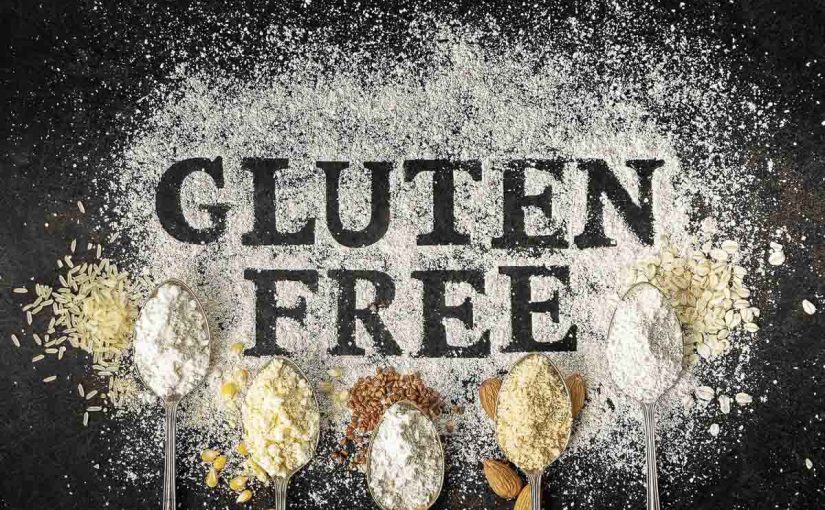
First of all, many of the foods you’ve been eating all your life are naturally gluten free. This includes most fresh fruits and vegetables, rice, meat, fish, cheese, beans and nuts. There are a lot of dishes you can make with some combination of these ingredients. In fact, you’ve probably eaten quite a few gluten free meals in your life without even thinking about it. Also, making meals for yourself and your family using these types of fresh ingredients is often healthier anyway.
Alternative Foods
Of course you’re probably used to eating a lot of these foods along with foods that do contain gluten like wheat bread or pasta. These foods only contain gluten because they are made with wheat, rye, barley or some combination of these ingredients, however. You can actually find many alternative products made with other kinds of flours that can replace these gluten containing foods in your diet. These alternative foods are becoming much more widely available as well, and they often don’t come with the heavily inflated cost they once did.
The Processed Food Trap
One of the easiest ways to cut gluten out of your diet is to simply avoid processed foods as much as you can. If you’re eating a diet made up mostly of food that you make yourself with fresh ingredients, you won’t be running into much gluten anyway. In fact, the main source of gluten in our diets is really the fillers, additives and preservatives found in most processed foods.
By making your own meals you can both avoid these unnecessary sources of gluten and save some money. Buying fresh ingredients is often cheaper than buying a bunch of processed foods and can help offset the cost of the few specialty items you may need to buy. Alternately, trying to fill up your cupboards with gluten free processed foods is both very expensive and limiting, as there is not a huge variety available when it comes to these types of foods.
Proper Nutrition
You do need to be careful, though, when you switch to a gluten free diet that you’re still getting all of the nutrients that you need. This is especially important for people suffering from Celiac disease because of the malabsorption of nutrients that this disease causes. If you are switching to a gluten free diet because you were diagnosed with or think you have Celiac disease, you are likely deficient in many nutrients to begin with.
Eating a well-balanced diet is certainly the best way to ensure that you’re always getting proper nutrition, but you may have to do more than that – at least at first. Dietary supplements are often helpful when you’re switching to a gluten free diet and trying to reverse the effects of Celiac disease. It’s can also be very helpful to talk to a nutritionist so that you know exactly what nutrients you need the most and how best to get them into your system.
-By: Anthony Chatfield
Gluten free doesn’t mean healthy. Learn what it takes to ensure you body is not only safe from the damaging impact of gluten, but getting all the naturally rich nutrients it needs to maintain energy and keep you happy every day of your life. Visit The Gluten Free Handbook for more details on exactly how you can optimize your gluten free diet, hassle free.